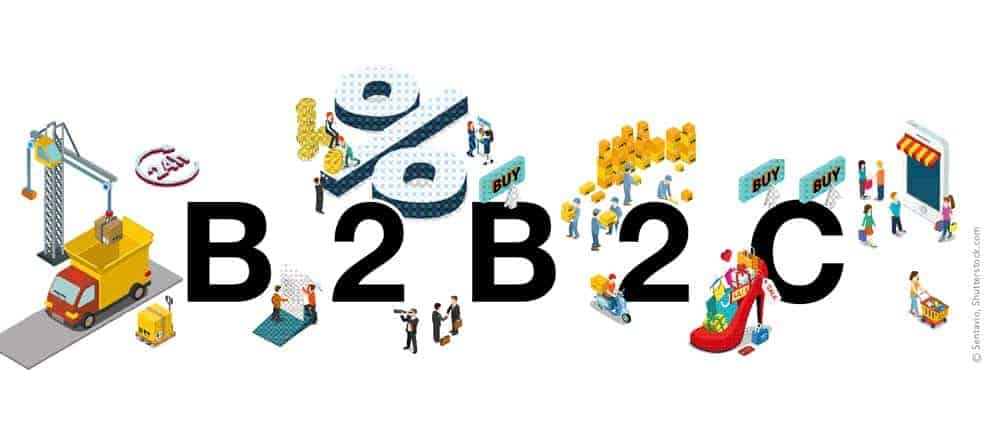How IT influences the retail of the future


Today, retail companies are faced with the challenge of digitizing their business processes not only within their own organization, but also digitally recording, processing, analyzing and optimizing them across companies.
The collection as well as the exchange of data should increasingly take place in real time so that the most up-to-date information is available to all stakeholders at all times.
For retailers, this means digitally networking with upstream companies such as manufacturers and suppliers as well as downstream partners such as craftsmen, industrial customers, retailers or wholesale markets.
The whole thing is additionally accelerated by demographic change. The digital generation has already arrived in professional life, in some cases already working in decision-making functions, and expects quick and simple solutions here.
Consistent, comprehensive and up-to-date master data are still considered a prerequisite for reliable decisions. This ultimately results in time, quality and cost advantages. Thus, a comprehensive integration of business processes determines the company's success in the long term.
Through digital networking, retail companies can optimize and automate their specific business processes and thus master the challenges of digital transformation.
Commerce 4.0 changes processes
Retail 4.0 describes the progressive digital dovetailing of all business areas in retail and wholesale via networked technologies.
This progressive digitization and the resulting more up-to-date database ensure, for example, optimized inventories and simple order processing, and not just in e-commerce.
This means that employees no longer have to intervene manually in process flows, or only partially. This increases the efficiency of the clerks and competitiveness.
Through Commerce 4.0, the economy will change significantly in the coming years and decades. The first effects of this change are already becoming apparent today, from retailers to medium-sized businesses to large corporations.
For example, data glasses are gaining ground in logistics and significantly simplify picking processes. Artificial intelligence in machines and vehicles is also speeding up intralogistics and production processes - for example, with automated guided vehicles.
Companies should switch to a modern IT landscape to optimize their operating processes in good time in order to respond to these trends.
Traditional, stationary retail must respond promptly to these and other challenges in order to make itself fit for the digital future. The Internet must not be perceived as a major threat, but rather as an opportunity for everyone involved to better understand and thus better serve customers.
First of all, the technical prerequisites for the switch to the digital world must be created. The central starting point for the company's success is a functioning ERP system, for example from SAP.
In this context, ERP systems or software products must not be introduced as stand-alone solutions, but it is important to create an overarching strategic connection of the software and thus a continuous supply chain with interfaces between the individual departments, business partners and their process flows.
But that is by no means all: the software should address the challenges and industry-specific processes of the retail companies and be able to solve them easily. For this, companies need a competent consulting partner with many years of experience who adapts their systems to precisely these individual tasks.
With appropriate software and a digital strategy, companies can finally gain an all-around view of their customers and their behavior, enabling them to make data-driven and informed decisions, which in turn result in revenue growth.







